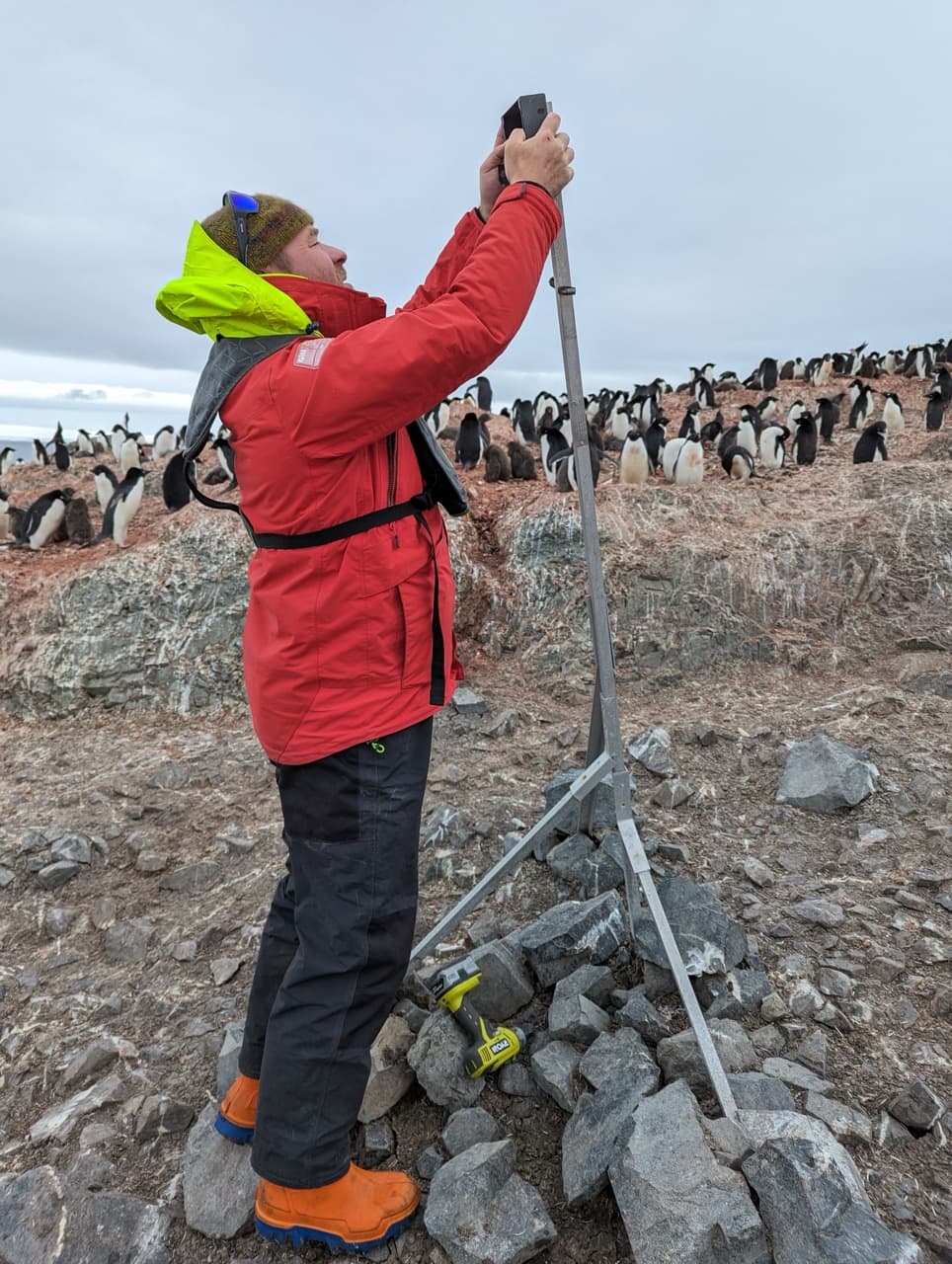Champions of Polar & Coastal Wildlife
who we are
Meet Tom Hart
and the Team
At the heart of our organisation is Tom Hart, a renowned marine biologist with over two decades of experience in polar research. Leading a dedicated team of scientists, conservationists, and educators, we are committed to protecting these iconic species and their fragile ecosystem.

Protecting Marine Wildlife and Habitats
Our mission is clear: to safeguard the future of our marine environment through rigorous scientific research, conservation initiatives, and community engagement. We believe that through collaboration with researchers, policymakers, citizen scientists, donors, and tour operators, we can achieve a meaningful and lasting impact.



Our Values
Our projects




We lead impactful research projects such as Penguin Watch and Seabird Watch,
harnessing time-lapse cameras and drones to monitor seabirds breeding
success and population trends.
These efforts help us understand how climate change, and human activities and emerging threats like disease affect them.Through knowledge exchange and collaborations, we extend our research beyond seabirds and the poles like with our collaborations on Seal Watch and Arctic Bears
Join us in our mission to protect marine wildlife and the incredible creatures that call our oceans home.
What people have to say
Get Involved & Make a Difference
Our research informs action, but we rely on your support.
Your gift empowers conservation efforts to safeguard these incredible creatures.






